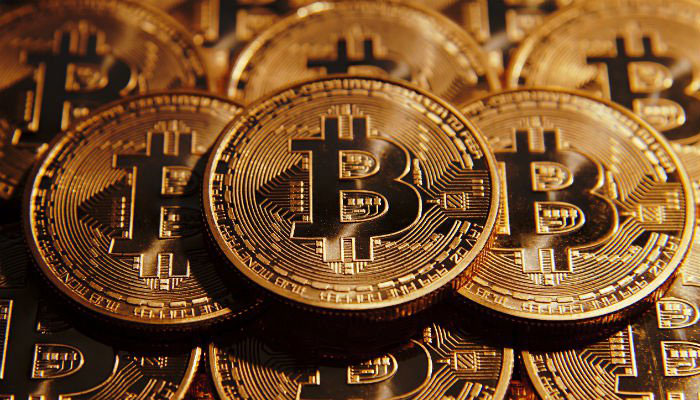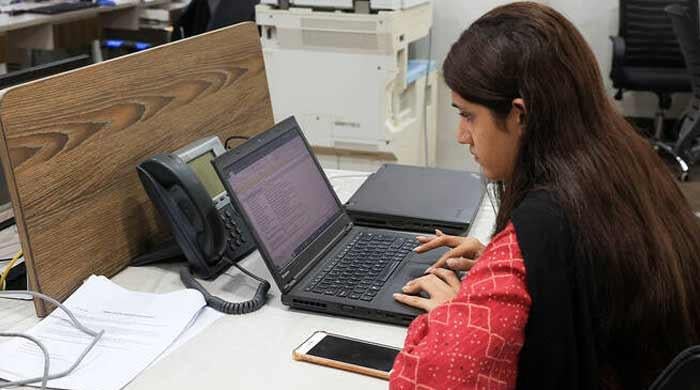Suspected Austria bitcoin fraud sparks Europe-wide probe
Die Presse, a daily, put the number of possible victims as high as 10,000
February 15, 2018

VIENNA: Authorities investigating a suspected bitcoin-related scam centred in Austria have asked Interpol to help determine whether there might be perpetrators - and victims - of the scheme across Europe.
"Hundreds" of people across Austria have complained of being defrauded by the "Optioment" scheme dealing in the digital currency, Christina Ratz, spokeswoman for the Vienna public prosecutor´s office, told AFP on Thursday.
Die Presse, a daily, put the number of possible victims as high as 10,000.
Two Austrians have been identified as being accused of fraud in the case, with more suspects possible as the case progresses, Ratz said.
Investors were promised returns of up to four per cent per week for investing bitcoins into the opaque scheme, which initially did offer dividends before suddenly collapsing in November.
In January Austria´s financial market watchdog brought Optioment to the attention of prosecutors, saying it suspected fraud, a pyramid scheme or violations of capital markets regulations.
The scheme appears to have used "multi-level marketing" in order to grow, with investors encouraged to find new clients themselves.
"I got my whole family involved. We put around 50 bitcoins in. The money´s gone. I´m sure of it," one young woman told a joint investigation by Die Presse and the public ORF TV station.
Another investor recalled an event promoting the scheme at the Pyramide hotel in Voesendorf, just south of Vienna: "They ran on stage and started running around, they were playing air guitar. It felt like a cult".
Reports of the number of bitcoins invested in the scheme go as high as 12,000, worth around 95 million euros at current value, or more than double that at the peak of the boom in the currency.
Lawyers acting for the Austrians identified as the frontmen for the scheme issued a statement saying their clients did not handle any cash or bitcoins themselves, Die Presse reports.
The paper reported the men as saying that they were themselves defrauded by two mysterious figures behind the scheme, a Danish man, Lucas M., and a Latvian, Alex P.











